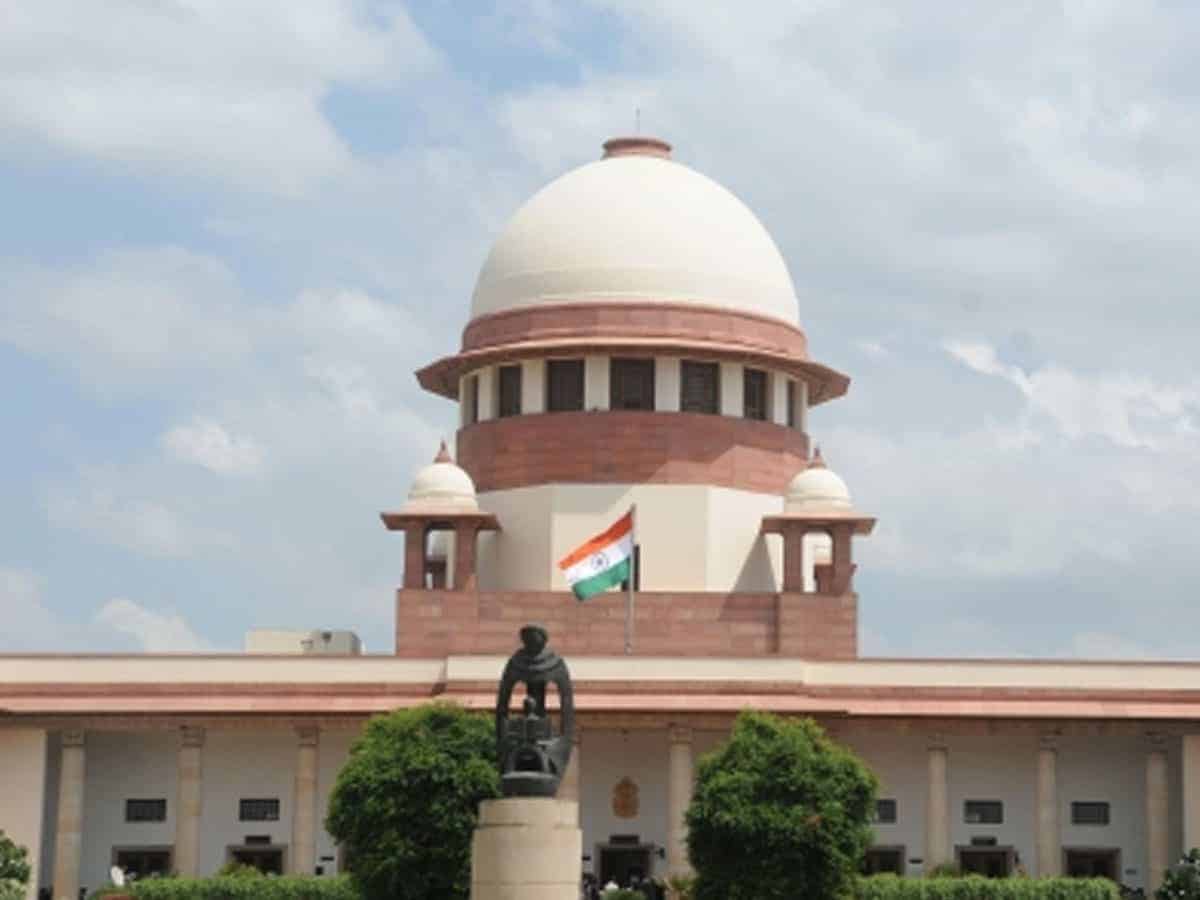
New Delhi: The Supreme Court on Friday refused to entertain a plea seeking a direction to the Shri Ram Janambhoomi Teerth Kshetra’ to include the name of Swami Chakrapani of the Hindu Mahasabha as a member of the trust tasked with the construction of the Ram temple in Ayodhya.
A bench comprising Chief Justice D Y Chandrachud and Justice P S Narasimha took note of the submissions of a lawyer appearing for the Hindu Mahasabha leader and said the petitioner has no vested right to be included in the trust.
The lawyer pleaded the rules have not been framed for the trust so far.
“You either withdraw the petition or we will dismiss it,” the bench said, adding the petitioner may file a representation and pursue it with the authorities concerned.
“If we dismiss the writ petition nothing will happen. You want to be a part of the Ayodhya trust, pursue your representation. We will not entertain this. We don’t want to get into this at all…,” the bench said.
In a significant verdict, a five-judge Constitution bench had on November 9, 2019 paved the way for construction of the Ram temple at Ayodhya.
The top court had directed the Centre to formulate a scheme under the Acquisition of Certain Area at Ayodhya Act, 1993 within a period of three months from the date of the judgment.
“The scheme shall envisage the setting up of a trust with a board of trustees or any other appropriate body… The scheme to be framed by the Central Government shall make necessary provisions in regard to the functioning of the trust or body including on matters relating to the management of the trust, the powers of the trustees including the construction of a temple and all necessary, incidental and supplemental matters,” it had said.
Mahant Nritya Gopal Das is the Chairperson of the trust, which includes VHP Vice President Champat Rai, senior advocate K Parasaran, former IAS officer Nripendra Mishra. The district magistrate of Ayodhya and a Secretary of the Uttar Pradesh government are its ex-officio members.
